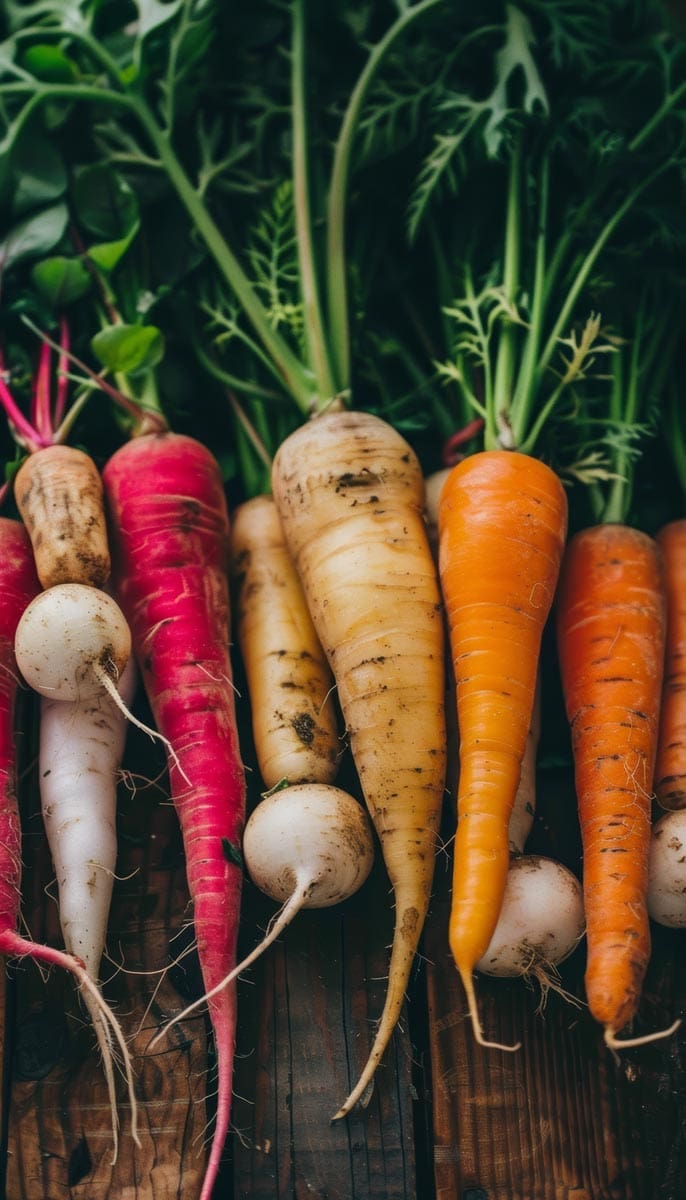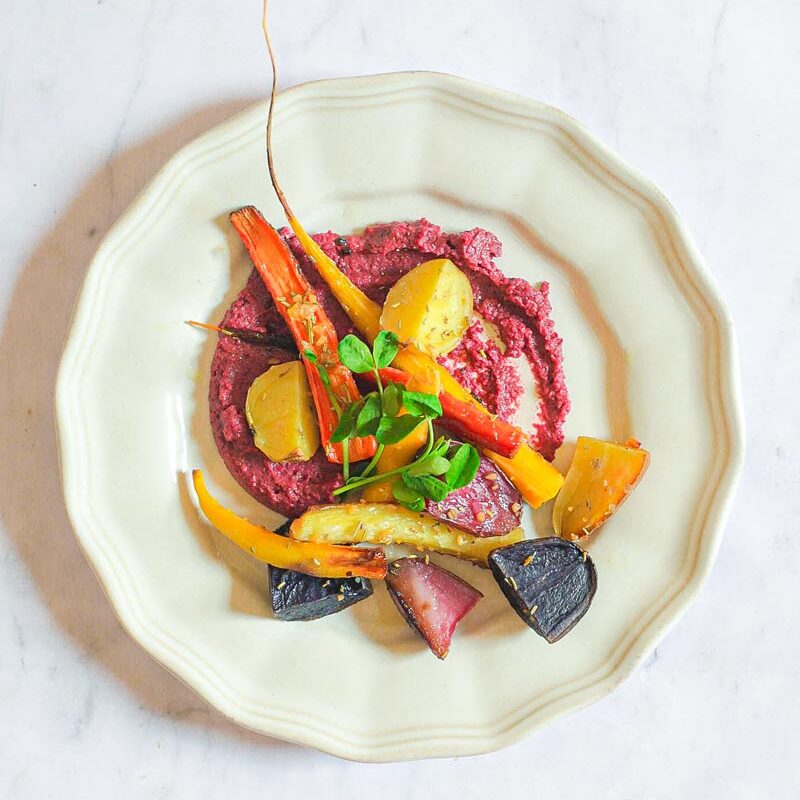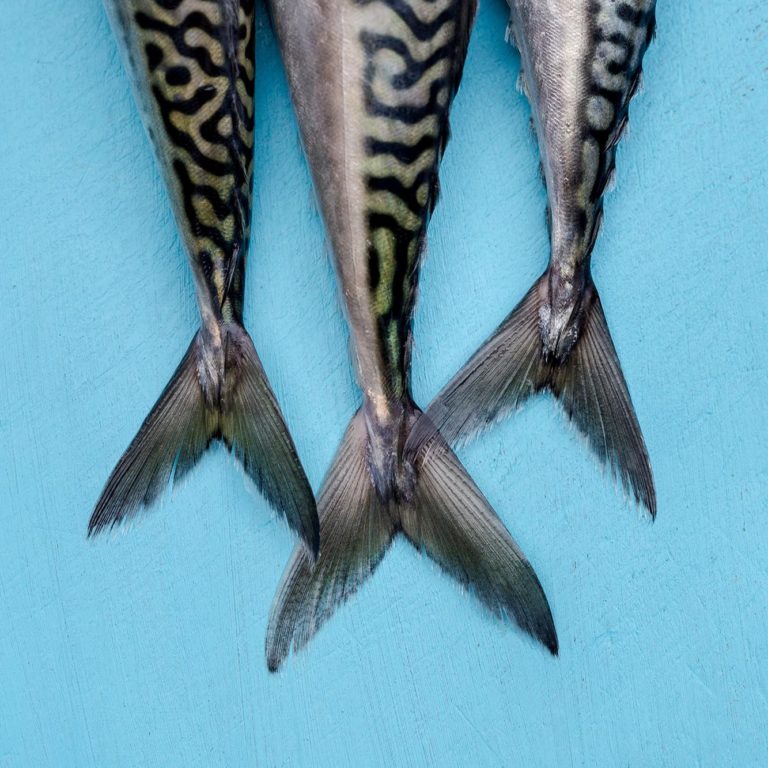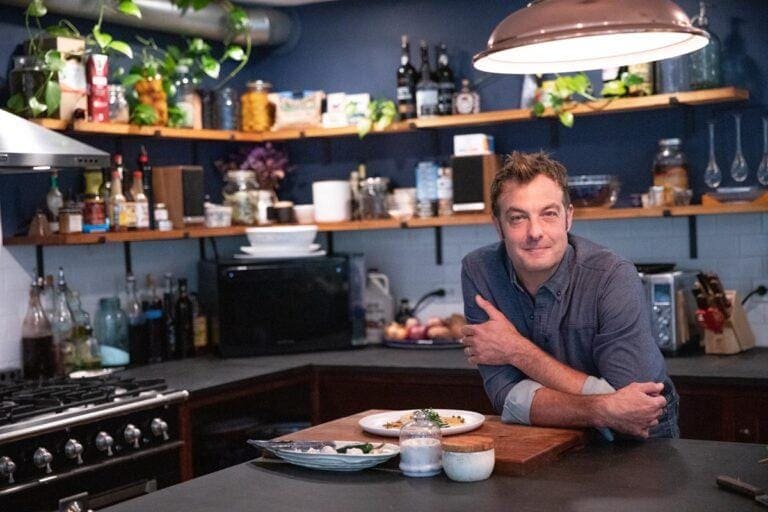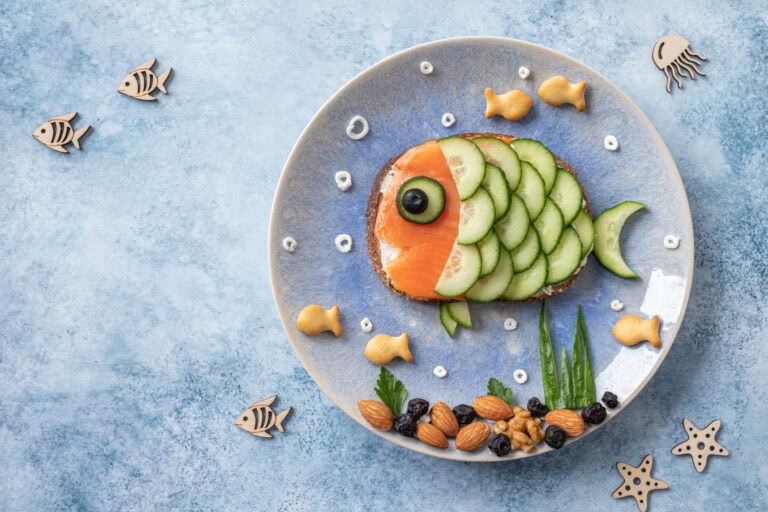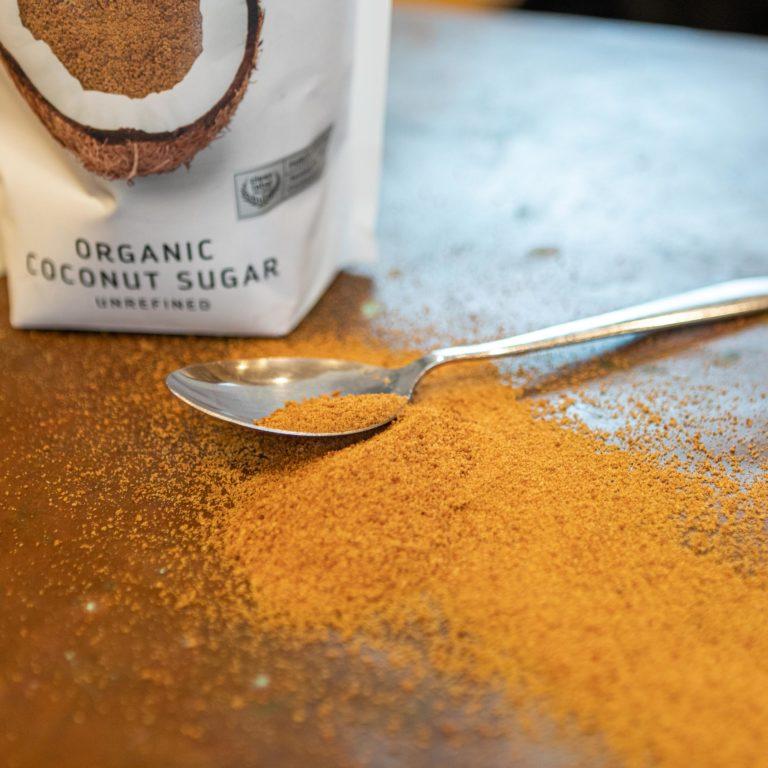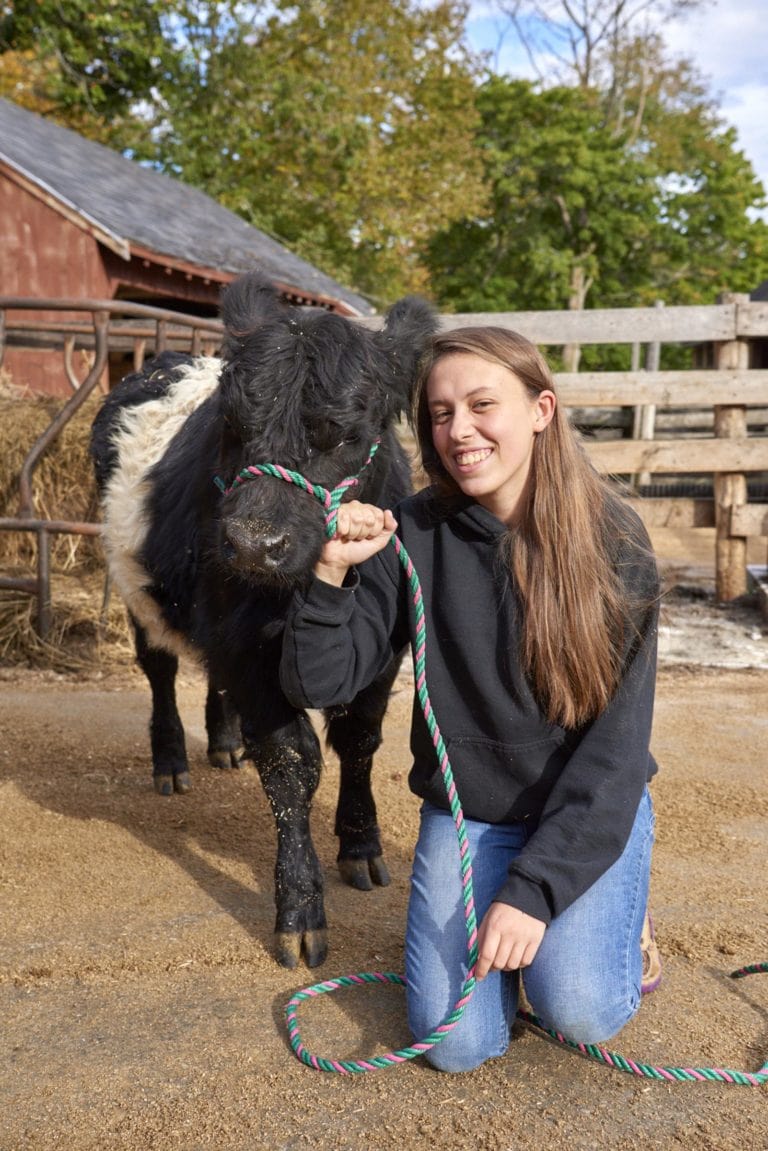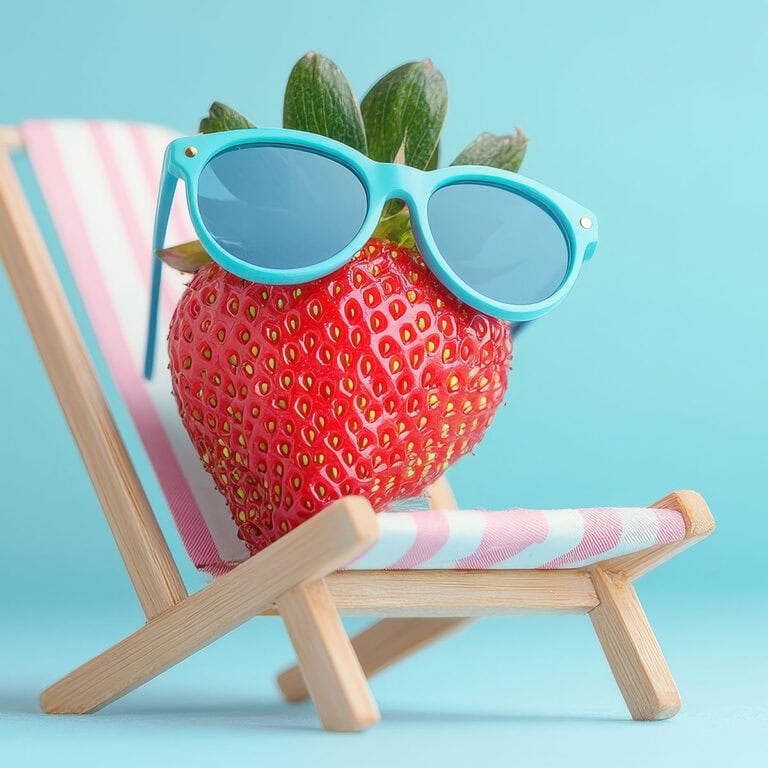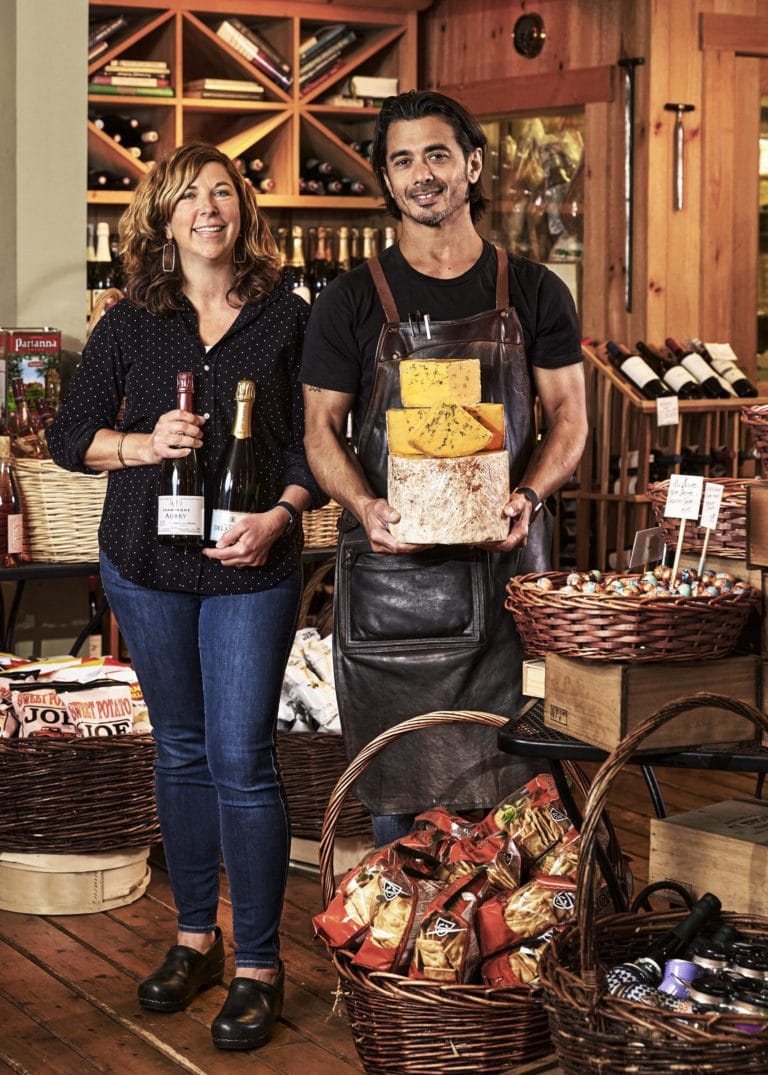Here’s a question: How often do you think about food waste? In today’s quickly changing landscape, many people are looking for ways to reduce their carbon footprint and integrate sustainable solutions into their lifestyles: things such as swapping out zip-top bags for beeswax wrap, having a more energy-efficient home, or biking to work instead of driving. Yet it’s hard to discuss sustainability without bringing food waste into the conversation. According to feedingamerica.org, Americans waste more food than any other country: over 90 billion pounds every year. Solutions don’t have to be complex—for the average household, they can look like buying only as much as needed, supporting local food growers and makers, and using up leftovers.
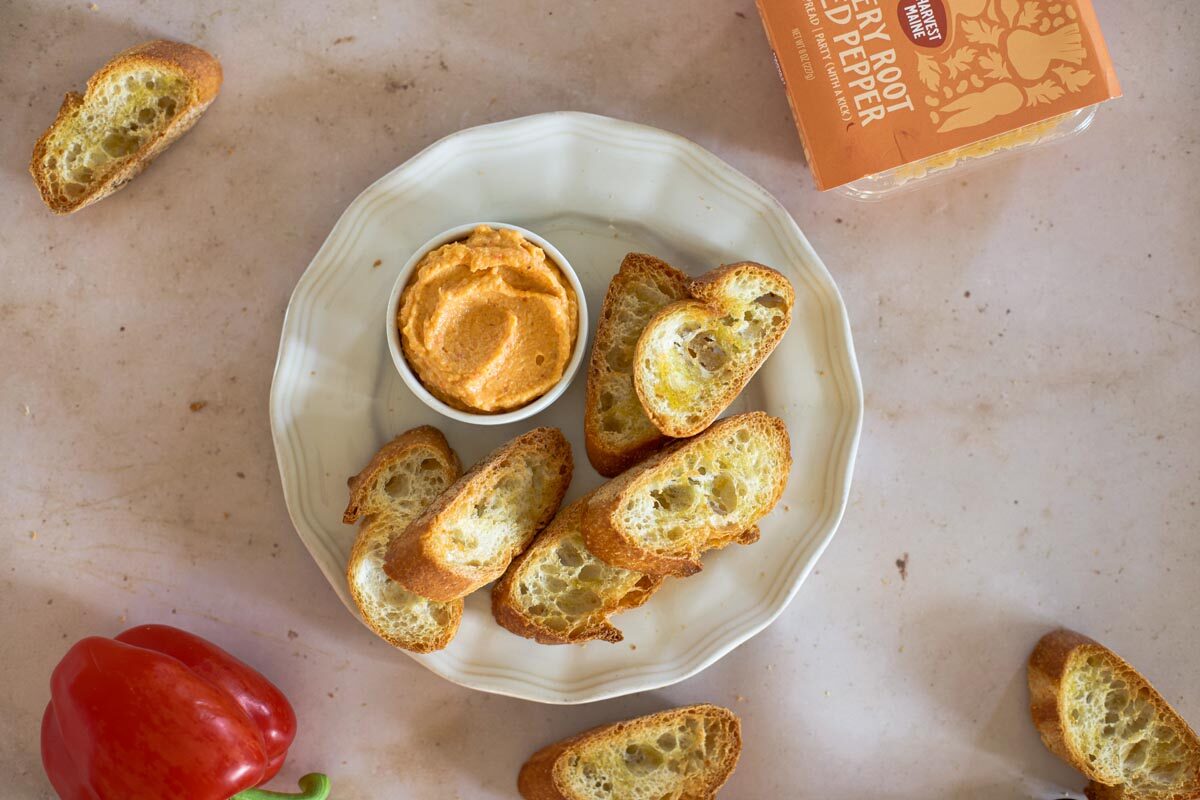
The food industry has a strong need for sustainable solutions, too. Matt Chappell and Ben Slayton had this in mind when they started Harvest Maine in 2022. Both of them grew up in frugal New England families, where nothing went to waste. As industry veterans—Chappell operated a restaurant in Yarmouth, and Slayton was a local butcher—the two had many conversations about the local food system and its inner workings. They both saw a surprising amount of waste within the industry, particularly at the farm level. Over the years, the conversations evolved into business ideas and an eventual partnership.
Chappell explains one driving force behind farm-level food waste: “If there wasn’t a market for it, it wasn’t worth the farmer harvesting it.” He points to beets as an example. “A lot of them are just too small, like golf ball size, and consumers find them too tedious to peel. Farmers would leave vegetables in the field, food that takes considerable effort and resources to grow.”
According to rts.com, an estimated 30%–40% of food on farms goes to waste. The reasons for this vary, but cosmetics play a sizable role: Vegetables that are too large or too small are unsellable. Other vegetables have harmless blemishes or funky shapes that are perfectly fine to eat, yet don’t fit the market standard. The waste issue becomes magnified when you consider the amount of water and energy used to grow these unharvested vegetables.
“We set out to create a product line that used many of those Maine vegetables that often went unused,” Chappell says. Part of Harvest Maine’s goal was to make the aesthetic of the vegetable irrelevant, so what they decided on—vegetable-based hummus—was a perfect fit.
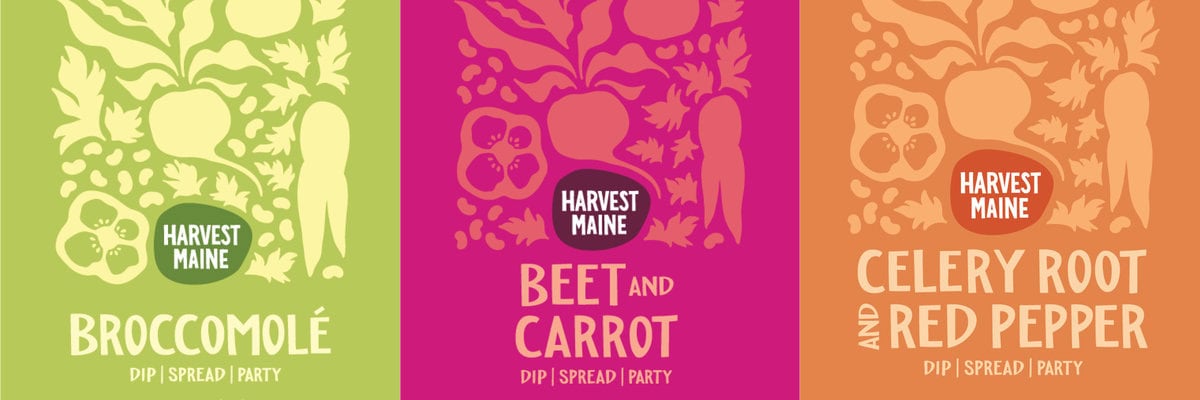
They started by reaching out to Matt Chin, the director of Harvesting Good, a public benefit corporation that supports Maine-grown produce and helps fund initiatives at the Good Shepherd Food Bank. Chin had just launched the company’s first product—broccoli florets—and had a ton of byproduct in the form of broccoli stalks. This led to Harvest Maine’s first product: Broccomole, a broccoli-based guacamole substitute. Following that, Harvest Maine targeted other vegetables that were in plentiful supply and therefore more likely to be wasted. After quite a bit of recipe testing, they landed on two more spreads: Beet and Carrot, and Celery Root and Red Pepper. Fruit-based snacks using apple pomace, a byproduct of Maine apple cider, are set to launch in fall 2024.
From their facility in Brunswick, Chappell and Slayton manage all of their production, manufacturing, sales, and marketing, in addition to working directly with Maine farmers. 100% of each product’s featured vegetable was grown in Maine. You can find Harvest Maine products in stores around the state, and they’ve expanded into Vermont, Massachusetts, and New Hampshire. The company has seen great success thus far, using over 10,000 pounds of vegetables within the first year that would have otherwise gone to waste.
To Harvest Maine, sustainability means “Carefully managing our resources and making thoughtful choices in the interest of the planet,” says Chappell. After careful thought, he adds, “Sustainability also means a healthy and vibrant business model. Without continued success, we can’t effect change on a larger scale.” After all, change for a better and more sustainable future is the goal.
